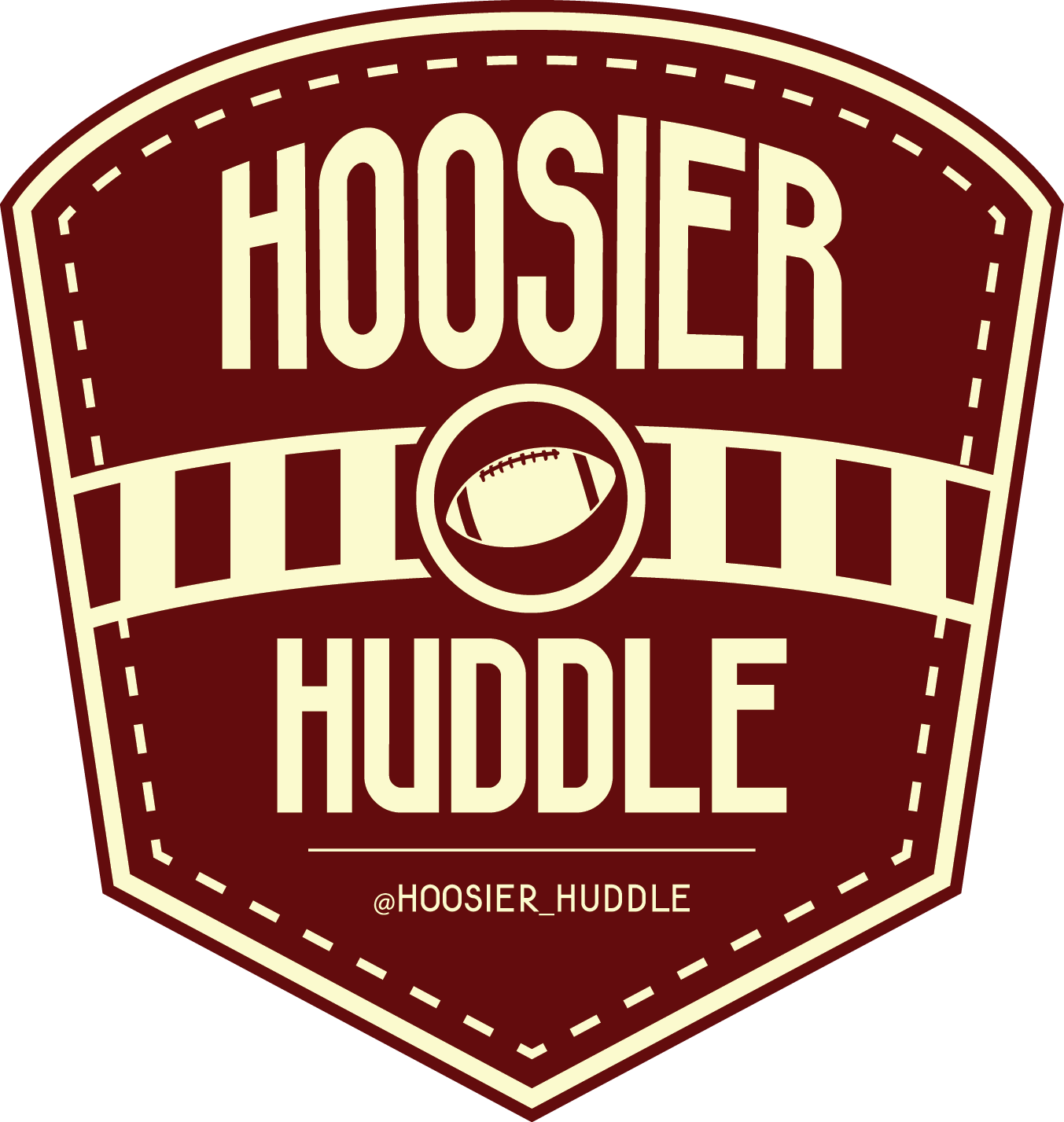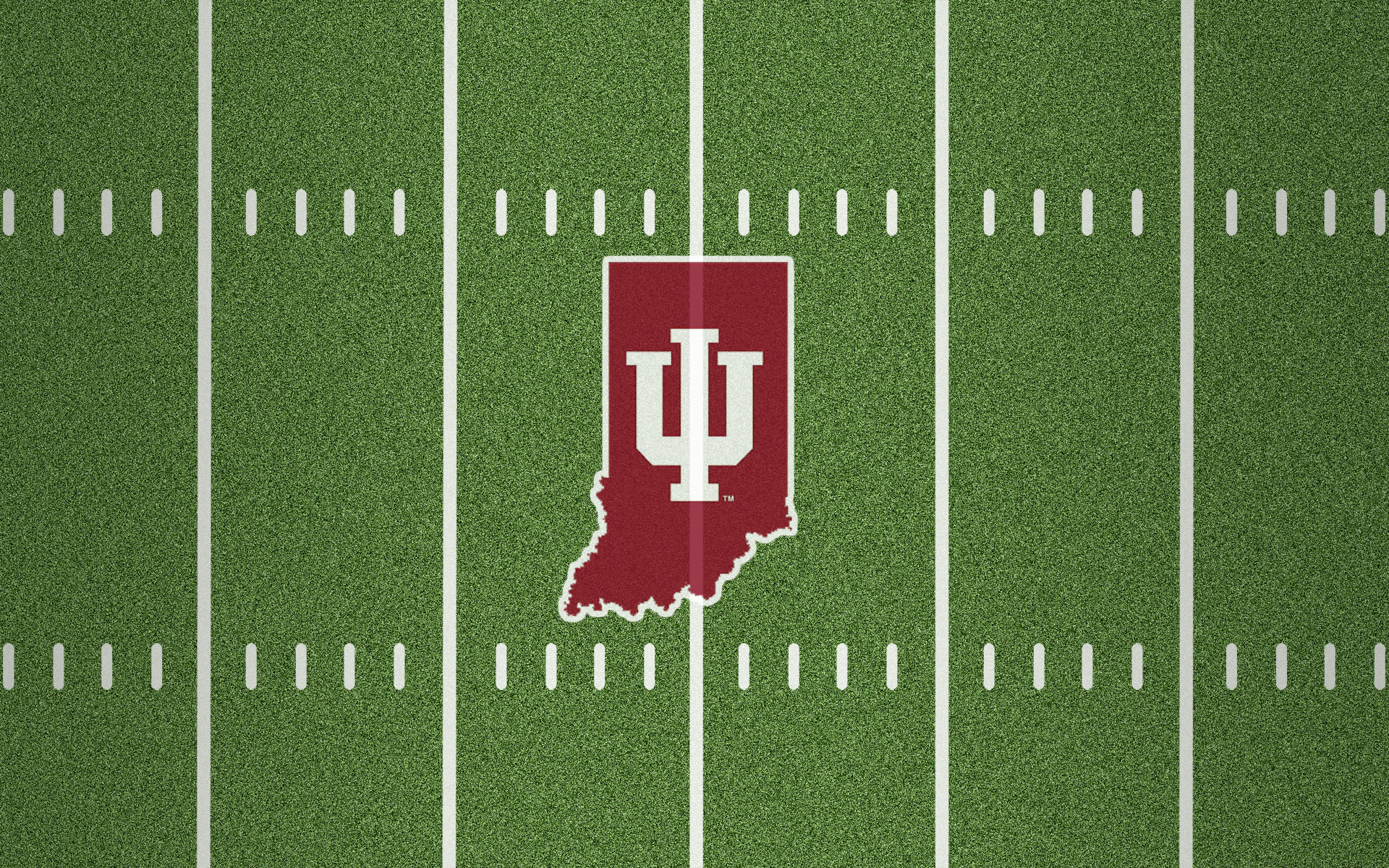Supreme Court Unanimously Sides With Student-Athletes
/Photo: kjeTil ree
Written by: TJ Inman (@TJHoosierHuddle)
On Monday, the Supreme Court unanimously ruled that the NCAA may not place limits on education-related benefits that student-athletes can receive for playing collegiate sports. While the ball was already rolling in this direction, this landmark decision will very likely redefine the notion of amateurism and possibly usher out the current NCAA model.
Justice Brett M. Kavanaugh wrote an opinion that lambasted the NCAA, calling the ruling “an important and overdue course correction” and that the NCAA model “would be flatly illegal in almost any other industry in America.”
While this ruling is certainly momentous, it does immediately alter collegiate sports. The ruling provides benefits for student-athletes linked to academic achievement and does not limit those benefits to student-athletes that still have collegiate eligibility. The NCAA may not place any limits on any education-related benefits for Division 1 men’s and women’s basketball players or the Football Bowl Subdivision athletes. This would seem to include things like laptops, tablets, materials, tutoring and study-abroad programs. The ruling in the case officially known as the NCAA versus Alston does not open up the floodgates for student-athlete “pay for play”. The decision from the court is narrowly focused on benefits linked to academics and does not address whether a salary for participating in collegiate athletics is allowed. The decision also chose not to focus on recent name, image and likeness (NIL) developments. Laws related to NIL are set to go into effect on July 1 in some states and while NIL is not mentioned by name, Justice Kavanaugh expressed skepticism the NCAA could sustain under the current model: “there are serious questions whether the NCAA’s remaining compensation rules can pass muster.”
“This is a modest loss for the NCAA,” professor Gabe Feldman, director of sports law at Tulane University, told NPR. “But it potentially opens the door for a massive loss and a complete changing of the amateurism model and the limits on compensation to college athletes.”
NCAA President Mark Emmert released a statement about the path forward for the institution, “even though the decision does not directly address name, image and likeness, the NCAA remains committed to supporting NIL benefits for student-athletes. Additionally, we remain committed to working with Congress to chart a path forward, which is a point the Supreme Court expressly stated in its ruling.”
This ruling does not decide whether or not student-athletes are paid salaries. This ruling does, however, open the door for schools to offer athletes uncapped funds in education-related benefits and the ripple effects of this decision combined with the forthcoming NIL legislation is set to drastically alter the landscape of collegiate athletics.



